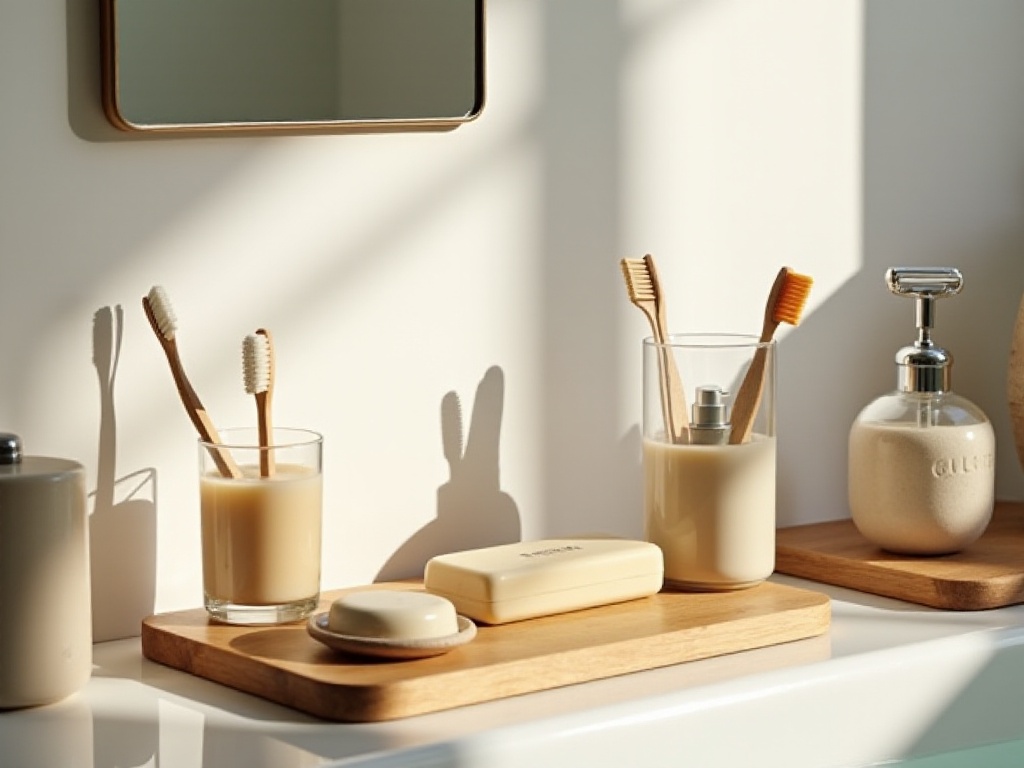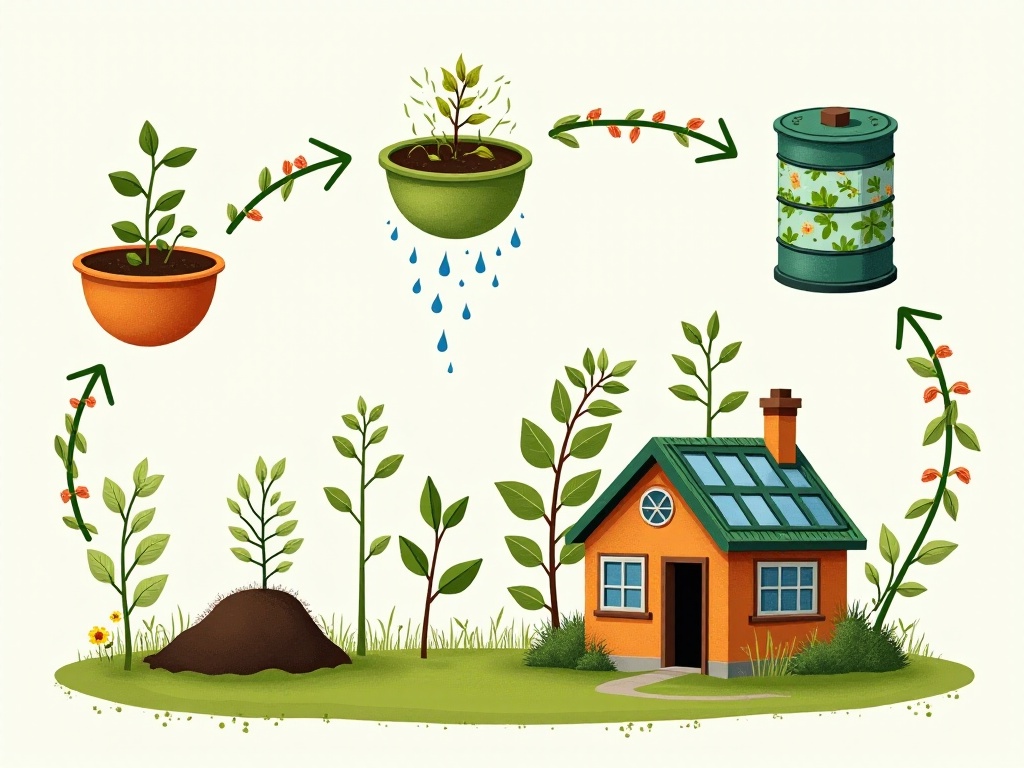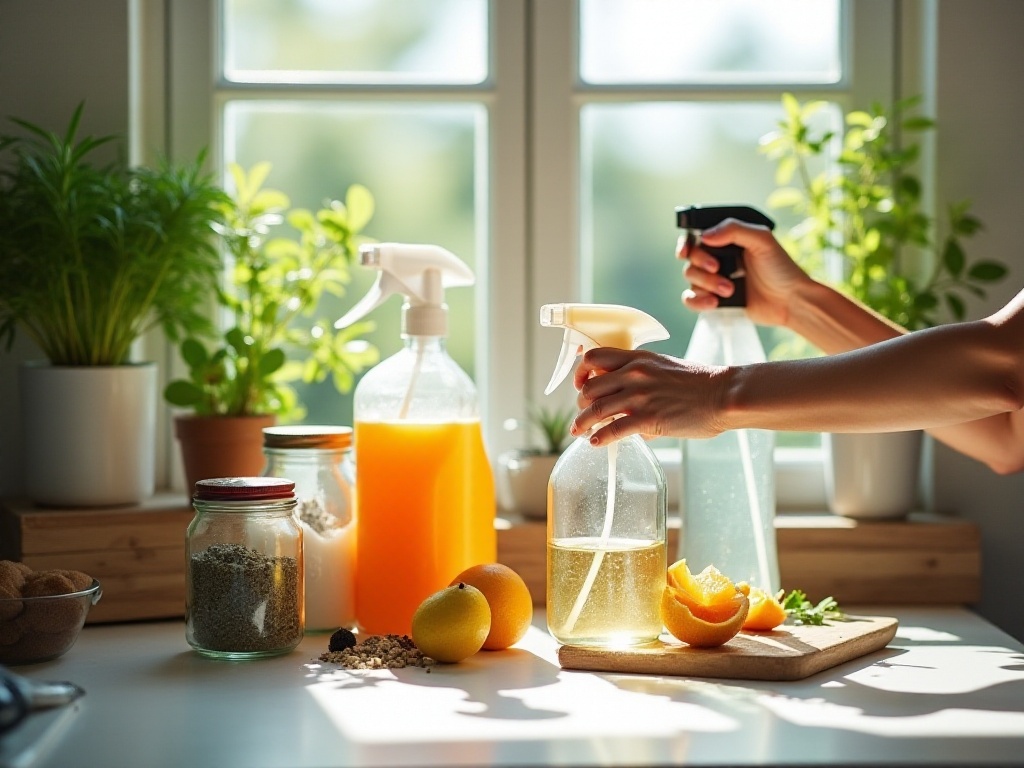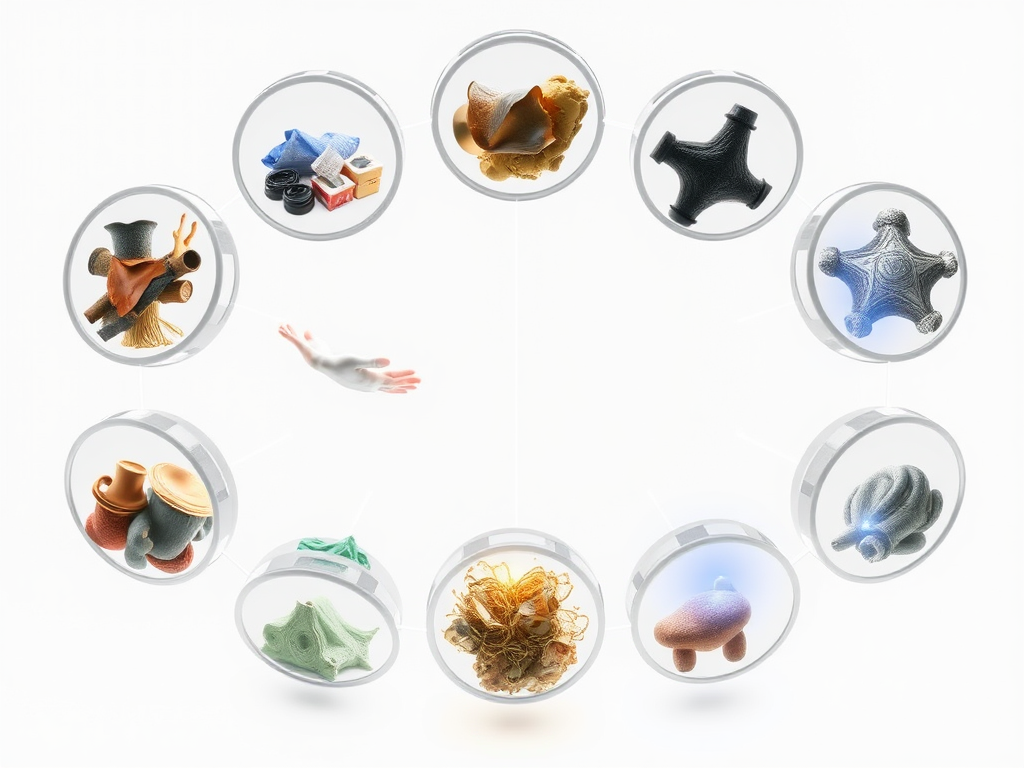Shopping Wisdom
Every time I return from the supermarket, opening the trash can is shocking - plastic bags, packaging boxes, label stickers... these items take up most of the space in the garbage bin. As a young professional just starting work, I deeply feel the importance of changing shopping habits. After more than a year of exploration and practice, I've summarized some eco-friendly and money-saving shopping tips.
Bulk buying is definitely a wise choice. I remember when I first tried this shopping method last year, my friends said I was crazy. "Why buy such large packages when you live alone?" But this decision proved to be so right! Taking rice as an example, I now buy 5kg packages directly from village Taobao, which is 30% cheaper than supermarkets and has much more eco-friendly packaging. The same goes for nuts - although 2kg packages of pistachios require a bigger initial investment, they're much cheaper per 100g compared to small packages.
I now have a row of transparent glass jars at home that look absolutely beautiful! Rice, flour, various dried goods, and nuts are all neatly arranged on the kitchen shelf. Each jar is labeled with the date it was filled. This not only makes it easy to see inventory at a glance but also prevents ingredients from getting damp or attracting insects.
Speaking of shopping tools, I'm proud to say I haven't used a disposable plastic bag in over a year! My EDC (Every Day Carry) bag always includes a lightweight foldable shopping bag made of waterproof nylon fabric, perfect for rainy days. The two large canvas bags I keep in my car are invaluable for both big shopping trips and moving heavy items. What makes me most proud are those self-made mesh bags specifically for fruits and vegetables. Those disposable plastic bags at the supermarket? Sorry, I'm not interested!
During the process of changing my shopping habits, I noticed an interesting phenomenon: when you bring your own shopping bags to the supermarket, the cashiers and other customers have interesting reactions. Some people give approving looks, while others curiously ask where to buy such practical bags. Gradually, my friends started following suit, and this small influence makes me feel particularly gratified.
Besides shopping bags, I pay special attention to product packaging. Now I prioritize products with simple or recyclable packaging. For example, when buying shampoo, I choose large bottles instead of combinations of several small bottles. Although the latter might come with free samples, thinking about the extra packaging waste makes it completely not worth it.
Online shopping also requires technique. I now specifically check sellers' packaging methods, and if I find a shop that overpackages, I mention it in my review. Sometimes I actively contact sellers to request simplified packaging. To my surprise, many merchants support this eco-friendly concept, and some even offer discounts.
Waste Renewal
Regarding kitchen waste management, I have a unique "recycling system" at home. Since setting up a compost bin on my balcony, my view of kitchen waste has completely changed. Banana peels that I used to throw away are now carefully chopped and added to the compost bin; used coffee grounds are dried and added to compost materials; even leftover vegetable leaves from cooking have found a new purpose.
The composting process is actually very interesting, like conducting a microbial experiment. At first, I was worried about odors, but I found that as long as you pay attention to the ratio of materials and maintain proper moisture and ventilation, the whole process goes very smoothly. Every time I lift the compost bin lid and see the kitchen waste slowly transforming into dark brown organic matter, I feel a magical sense of achievement.
My balcony is now practically a mini farm. Green onions, ginger, garlic, and chives - all these commonly used seasonings are home-grown. I'm most proud of those green onion plants, all cultivated from leftover roots. Just put the rooted base in water, and new shoots will appear in a few days. When the new shoots are big enough, they can be transplanted into pots. This cycle not only saves money but also gives a special sense of achievement.
As for packaging waste, I have a dedicated storage space for various reusable containers. Those glass jars, once cleaned, are perfect natural storage solutions. Sauce bottles are suitable for storing seasonings, larger jam jars can store dry goods, and some uniquely shaped beverage bottles can become vases after cleaning.
Interestingly, this recycling habit has brought unexpected effects. I find myself more inclined to choose products with beautiful and practical packaging because I know these packages can be useful later. Now, seasonings, dry goods, and handmade soaps are all neatly stored in these "second-hand" containers, looking both eco-friendly and stylish.
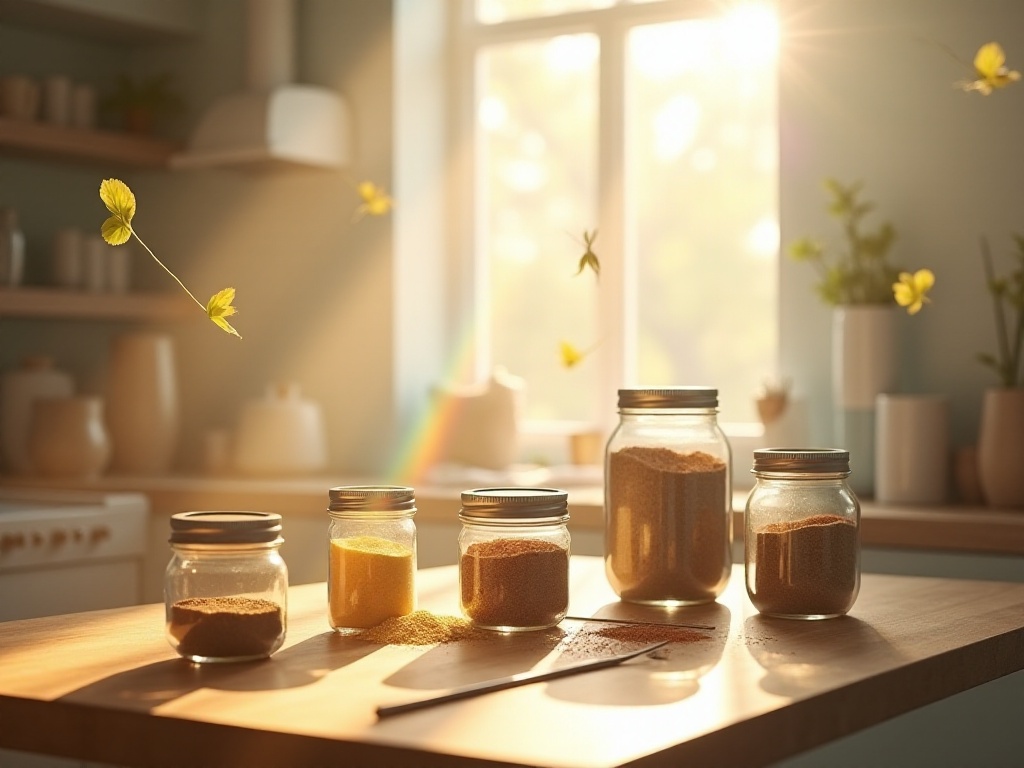
Cost Savings
Speaking of the cost of eco-friendly living, I want to shout: it really saves money! Many people think being environmentally friendly equals spending money, but this concept is completely wrong. Take basic laundry as an example - since I started using cold water for washing, not only has the lifespan of clothes noticeably increased, but my monthly electricity bill has also decreased significantly.
Especially in summer, I choose to wash clothes with cold water in the morning or evening when the water temperature is moderate, which works particularly well for cleaning clothes. As for the dryer? It's been long retired! After switching to natural air-drying, clothes are not only more fluffy and soft, but sun-dried clothes also have a subtle sunlight scent that smells better than any fabric softener.
My home's water recycling system, though simple, is effective. I placed a large bucket under the sink specifically for collecting water from washing vegetables and hands. This greywater is reused for flushing toilets or watering plants. It might seem troublesome at first, but once you get used to it, you'll find it's actually a very natural process. Most importantly, the monthly water bill directly proves the value of this practice.
An unexpected gain is that through this method, I've gotten a clearer understanding of our household water usage. For instance, I discovered that running the tap on full while washing vegetables is actually very wasteful - a small stream is completely sufficient. The same goes for washing hands - there's no need to turn the faucet to maximum. These small changes in details add up to significant savings.
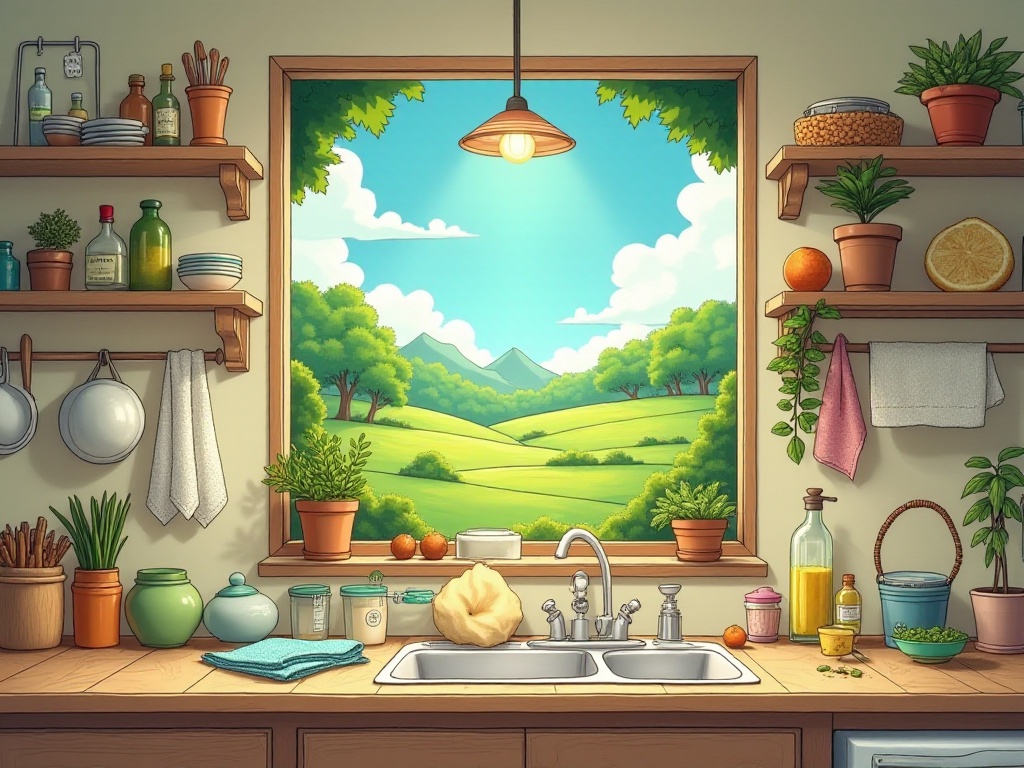
Making the Most of Everything
Many young people nowadays are quick to talk about minimalism, wanting to throw away and replace things as soon as they show signs of wear or damage. But if you think carefully, many items can have their lifespan extended through simple repairs. Take my sports shoes for example - when the sole started coming loose, my first thought was to buy new ones. But after looking up repair methods online, I found that special shoe glue could solve the problem.
The repair process is actually quite simple: first clean the separated parts, apply glue, then clamp for 24 hours. Check again the next day, and if there are any missed spots, apply another coat. Just like that, the shoes I thought needed to be discarded were back in service. The repair effect was excellent - now I can run in them with no problem, and you can't even tell they were repaired.
Speaking of money-saving techniques, making your own daily necessities is definitely worth trying. All the cleaners I use now are self-mixed. The most basic formula is white vinegar plus baking soda - both available at supermarkets and very cheap. When mixed in appropriate proportions, the cleaning effect is no worse than commercial cleaners. Most importantly, these are natural ingredients, so there's no worry about chemical residues.
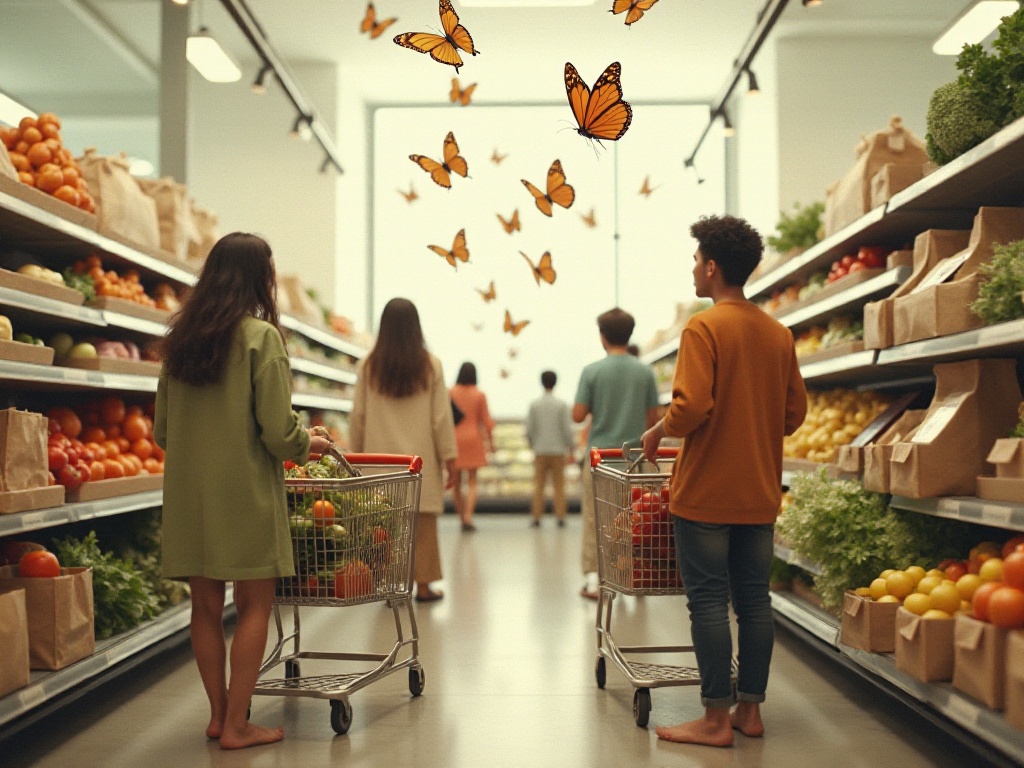
Continuous Action
Eco-friendly living isn't something achieved overnight but requires gradual change. My suggestion is to start with simple things, like preparing a reusable shopping bag. Once you're used to that, try other changes. Slowly, you'll find these eco-friendly habits become natural parts of your life.
Actually, everyone can contribute to environmental protection - the key is to take action. As I often tell my friends: rather than worrying that your actions are too small to make an impact, take the first step. When more people start paying attention to environmental protection and taking action, these small changes will accumulate into a huge force.

New Thoughts
In practicing eco-friendly living, I often think about a question: why is product packaging becoming increasingly complex? A simple cookie might go through three or four layers of packaging, which not only increases costs but also causes a huge waste of resources. As consumers, we can actually express our demands through practical actions, such as prioritizing products with simple packaging or making suggestions in product reviews.
Everyone can be a driver of change. Perhaps your eco-friendly action will influence friends around you, and they will influence more people. Like ripples, this influence will spread wider and wider. I believe that as long as each of us takes active steps, we can definitely bring positive changes to Earth's future.
Through this period of practice, I deeply feel that eco-friendly living is not just about protecting the environment, but also a smarter, higher-quality way of life. It makes us rethink the meaning of consumption, learn to cherish resources, and at the same time gain unexpected joy and satisfaction.
In this era of advocating sustainable development, everyone can be part of the change. Perhaps our actions seem small now, but if we persist, they will eventually converge into a force that changes the world. I look forward to seeing more people join the ranks of eco-friendly living, let's work together to create a better future.


